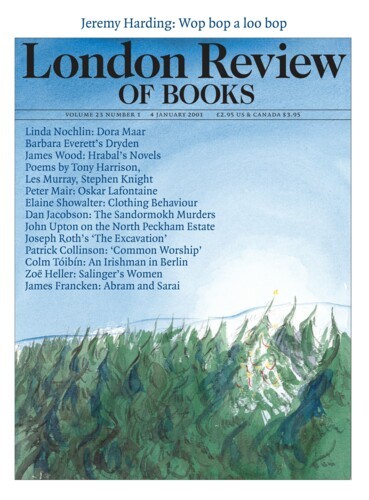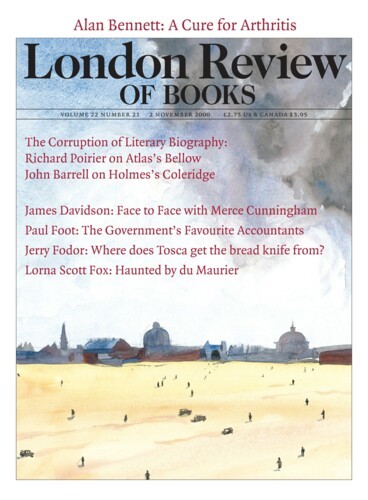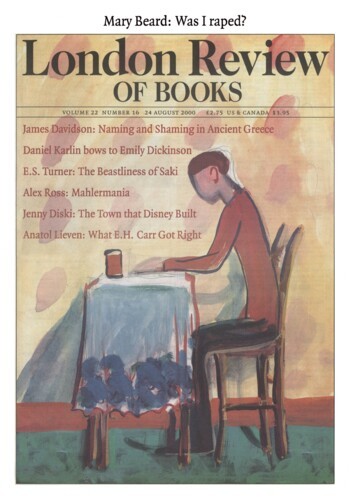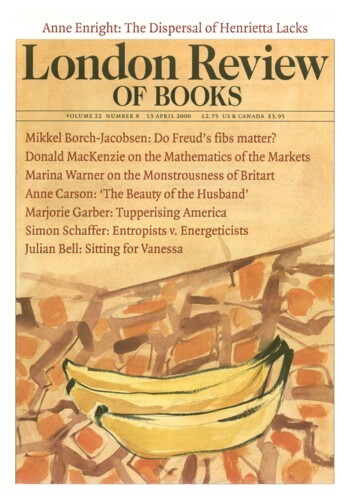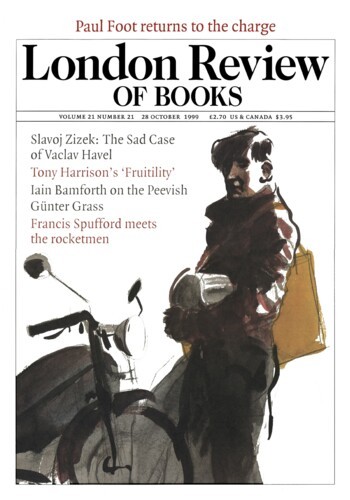A good God is hard to find: Jenny Diski
James Francken, 4 January 2001
Was God created by a woman, a writer who dreamed up the early stories in the Bible? Differences in vocabulary and style suggest that the Old Testament is a composite of various sources. The oldest sections – parts of Genesis, Exodus and Numbers – are more than three thousand years old and there are commentators who believe that they may have been written by a woman, a highly...
